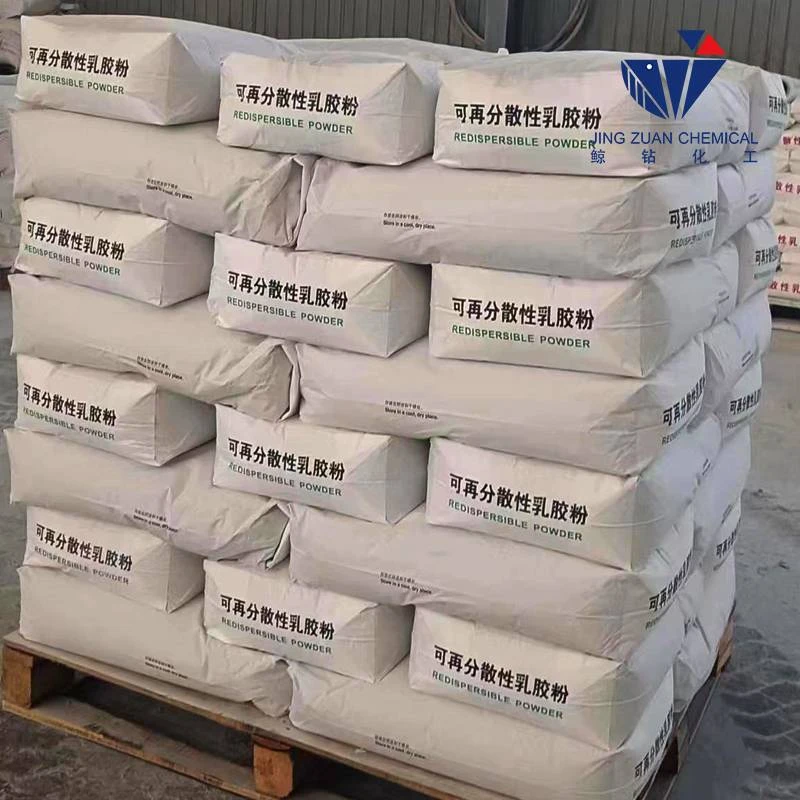
Dec . 21, 2024 04:29 Back to list
mortar bonding agent
The Importance of Mortar Bonding Agents in Construction
In the realm of construction and masonry work, the integrity and longevity of structures heavily rely on the materials employed. One of the often-overlooked yet crucial components of masonry projects is the mortar bonding agent. Mortar bonding agents are specially formulated substances that enhance the adhesion properties of mortar, offering several benefits that have a direct impact on the performance of masonry structures.
What are Mortar Bonding Agents?
Mortar bonding agents are additives that improve the bonding strength between mortar and the surfaces it is applied to, whether those surfaces are brick, stone, concrete, or even existing masonry. These agents can be polymer-based or cement-based, and they are designed to create a robust chemical bond that improves the overall performance of the mortar, especially in challenging conditions.
The primary function of a mortar bonding agent is to increase the tensile strength of the mortar once it cures. By doing so, it helps to prevent separation and cracking, ensuring that the structural integrity remains intact over time. Additionally, these agents work to reduce the porosity of the mortar, thereby enhancing water resistance and durability.
Benefits of Using Mortar Bonding Agents
1. Improved Adhesion One of the most significant advantages of using mortar bonding agents is the enhancement of adhesion properties. This is particularly important in applications where traditional mortars may struggle to maintain a strong bond, such as in damp or uneven surfaces.
2. Reduced Risk of Cracking Mortar bonding agents can mitigate the risk of cracking that often occurs due to thermal expansion and contraction. By improving elasticity and flexibility, these agents help the mortar to accommodate movement without compromising its structural integrity.
3. Increased Workability Many bonding agents improve the workability of mortar, making it easier to mix, apply, and shape. This can be particularly beneficial in large-scale projects where efficiency is a key concern.
mortar bonding agent

4. Enhanced Waterproofing Some mortar bonding agents are also formulated to provide waterproofing properties, further protecting the masonry from water damage. This is crucial in regions where moisture can penetrate walls, leading to mold growth and structural deterioration.
5. Compatibility with Various Materials Mortar bonding agents are designed to work with a wide range of substrates, making them an excellent choice for diverse construction applications. Whether merging old and new masonry, or bonding to materials like glass or tiles, these agents provide flexibility and adaptability.
6. Longer Lasting Repairs In restoration work, the use of bonding agents ensures that repairs last longer and remain effective over time. This is particularly relevant in heritage conservation, where maintaining the authenticity and structural integrity of historical buildings is paramount.
Environmental Considerations
In today's world, environmental sustainability is a crucial factor in construction practices. Many manufacturers are now producing eco-friendly mortar bonding agents, which have a lower environmental impact while still maintaining high performance. These products often utilize sustainable materials and processes, aligning with the growing demand for green building practices.
Conclusion
The significance of mortar bonding agents in construction cannot be understated. They not only improve the performance and durability of masonry work but also offer enhanced workability and adaptability for various construction scenarios. As buildings face increased exposure to environmental stresses, incorporating bonding agents into masonry practices will ensure that structures remain strong, durable, and resistant to damage over time.
By investing in high-quality mortar bonding agents, contractors and builders can enhance the overall integrity of their projects, leading to safer, longer-lasting structures that meet the demands of a changing world. As the construction industry continues to evolve, the role of bonding agents will undoubtedly become increasingly critical in delivering resilient and sustainable building solutions.
-
Versatile Hpmc Uses in Different Industries
NewsJun.19,2025
-
Redispersible Powder's Role in Enhancing Durability of Construction Products
NewsJun.19,2025
-
Hydroxyethyl Cellulose Applications Driving Green Industrial Processes
NewsJun.19,2025
-
Exploring Different Redispersible Polymer Powder
NewsJun.19,2025
-
Choosing the Right Mortar Bonding Agent
NewsJun.19,2025
-
Applications and Significance of China Hpmc in Modern Industries
NewsJun.19,2025







